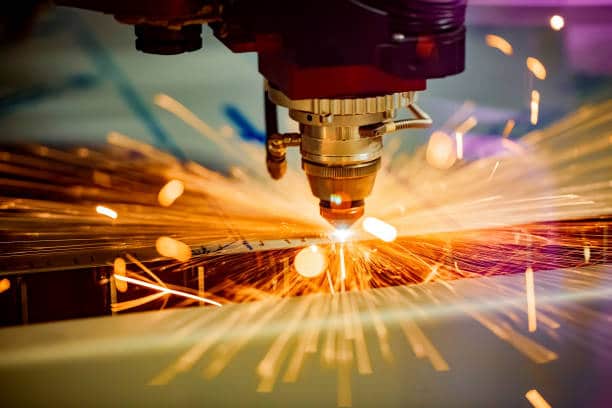
Since 1994, manufacturing has shrunk as a proportion of GDP from 21.5% to 13.3%. In part, this deindustrialisation stems from a rationalisation of the Apartheid economy, which was inefficiently producing goods behind sanctions barriers. The economy adjusted in favour of services upon our readmission into the international trading system, which improved our overall competitiveness and drove the economic growth we saw in the decade and a half up to the 2008 financial crisis.
However, our manufacturing sector has struggled to find its feet. The first decade of democracy represented a readjustment phase, but it has still been losing traction since. For the last decade it has faced escalating costs, particularly energy which has also been highly unreliable, difficult labour relations, and constraints on access to ports and other infrastructure.
While the rise of China and the rest of the east Asian region as a global manufacturing hub has fundamentally shifted the global economy, our manufacturing sector remains an important part of our economy with the potential to provide jobs and tax revenue. We should aspire for it to be globally competitive, selling sophisticated goods with high value added in a global marketplace. Yet despite several industrial policies that aim to boost manufacturing, the trend continues against us.
We have had some successes, like the motor industry development programmes, but these are piecemeal and do little to turn the general trend. The latest figures earlier this month showed manufacturing volumes were 2.1% lower in February than a year earlier. Of course, it has not been a normal time and one datapoint does not amount to a trend, but it is hard not to conclude that Covid has dealt yet another long-term blow to the sector.
As we’ve argued many times, for the economy to grow we need a conducive environment in which to do business. That is particularly true for manufacturing. We need stable energy supply at as low a cost as possible. We need rail services that efficiently move goods around. We need ports that can move volumes of manufactured goods to international markets. We need skilled workers, both by allowing skilled immigration and through more effective education and training locally. We need good communications and other services to make it cheap and easy to run manufacturing businesses
Unfortunately, too many of the conversations that I find myself in are about planned interventions. Masterplans and similar sector-specific interventions have their place. But they are a waste of time if the broader business environment is moving against manufacturing. Plus, plans can never achieve as much as thousands of companies all seeking opportunities driven by their own incentives. Give them an efficient and effective environment and you will get growth without any further interventions. National plans then become about how to coordinate the economy to hoist more sails in a wind that is blowing in the right direction. Otherwise, we are merely creating boats forever bobbing in the doldrums.
One of the planned interventions we have been hearing more about lately is localisation. There are, I believe, certainly opportunities around localisation, but we need to be careful. Forcing supply chains to absorb local goods that are expensive or of low quality merely damages the competitiveness of our finished goods, leaving our overall manufacturing weakened. BLSA, together with Business Unity South Africa, has commissioned research to delve into these issues and identify ways in which localisation can be appropriately harnessed to support industrial development. There are positive ways, but this will not be a panacea that makes up for a tough environment.
One thing that does help the environment is infrastructure. That is why BLSA has published extensive research on ways to stimulate investment in infrastructure. By improving transport and communications networks, as well as energy stability, we are directly improving that macro-environment. I am pleased that government is committed to resolving the challenges to infrastructure investment. We have had several positive engagements with public sector counterparts on this front and sensible progress is being made.
We have world-class manufacturers and there is loads of potential if we can get the basics right. Let’s spend more of our time focused on doing that.
This is aweekly newsletter from BLSA CEO Busi Mavuso.
BLSA is a business organisation that believes in South Africa’s future and shares the values set out in the Constitution. In 2017, BLSA signed a contract with South Africa, committing business to playing its part in creating a South Africa of increasing prosperity for all by harnessing the resources and capabilities of business in partnership with government and civil society to deliver economic growth, transformation and inclusion.

